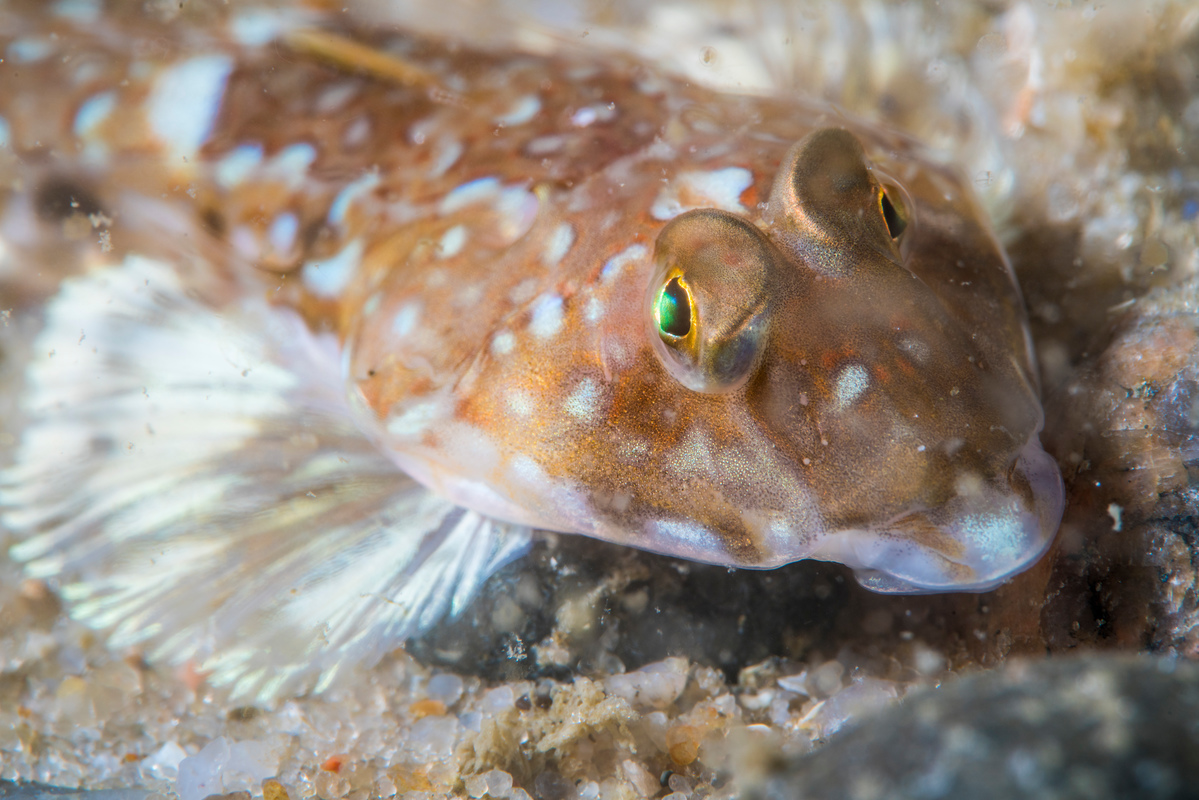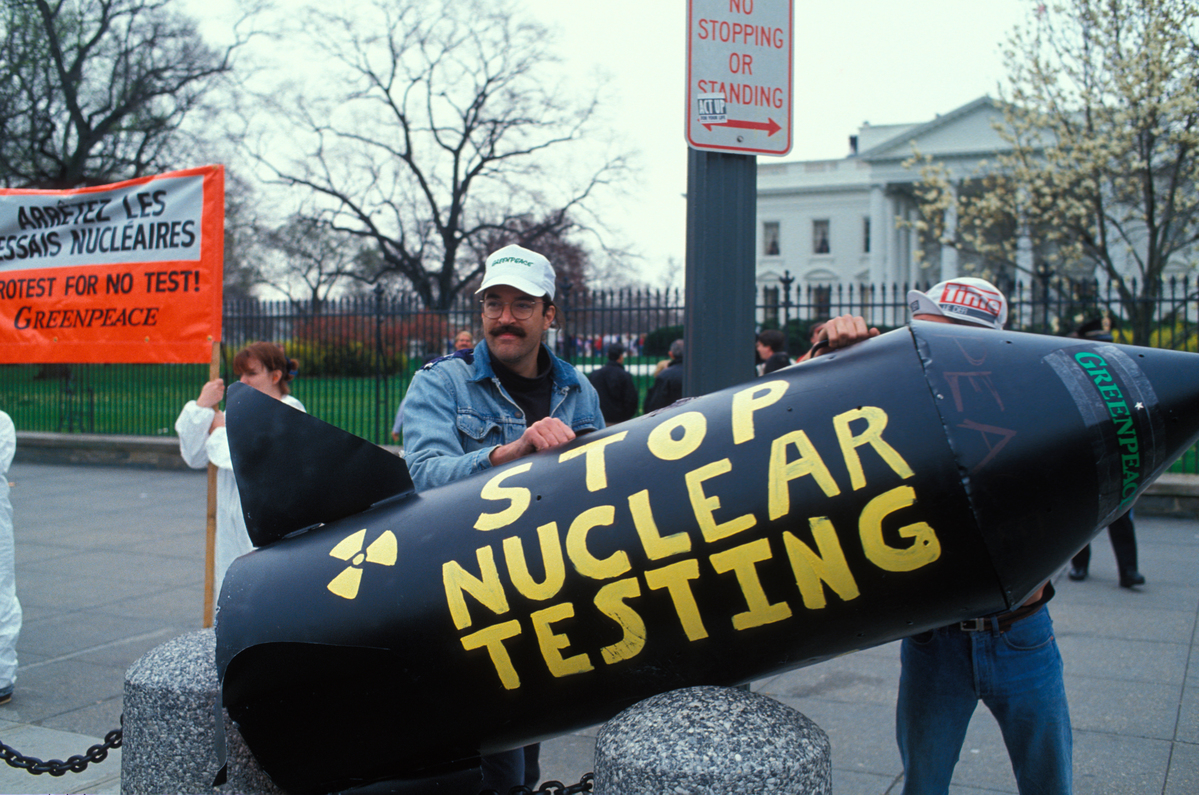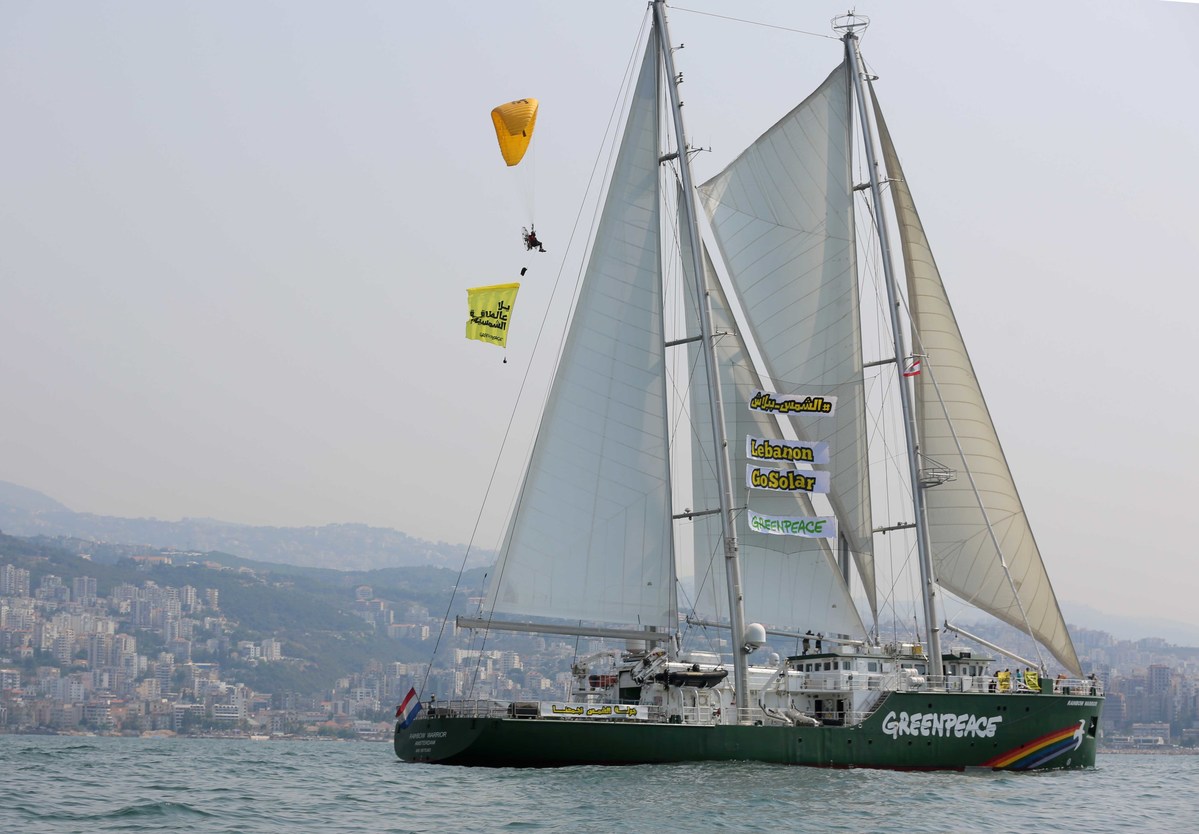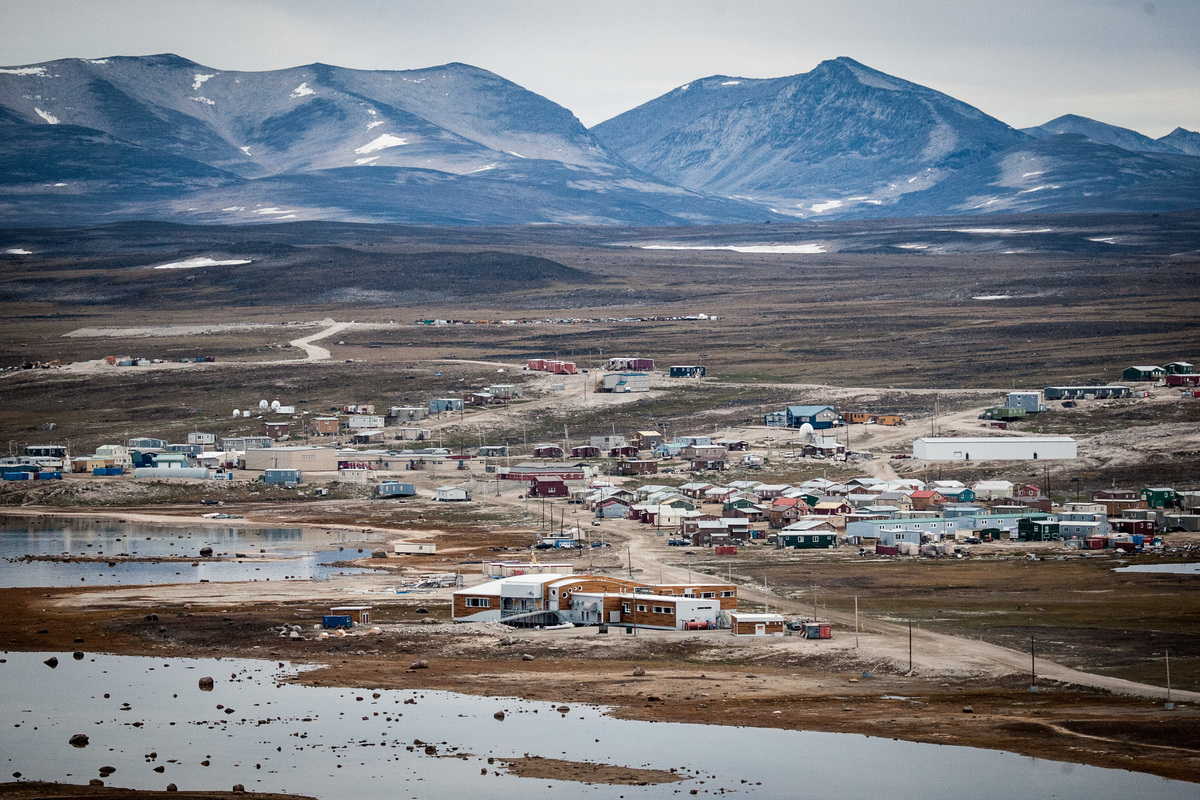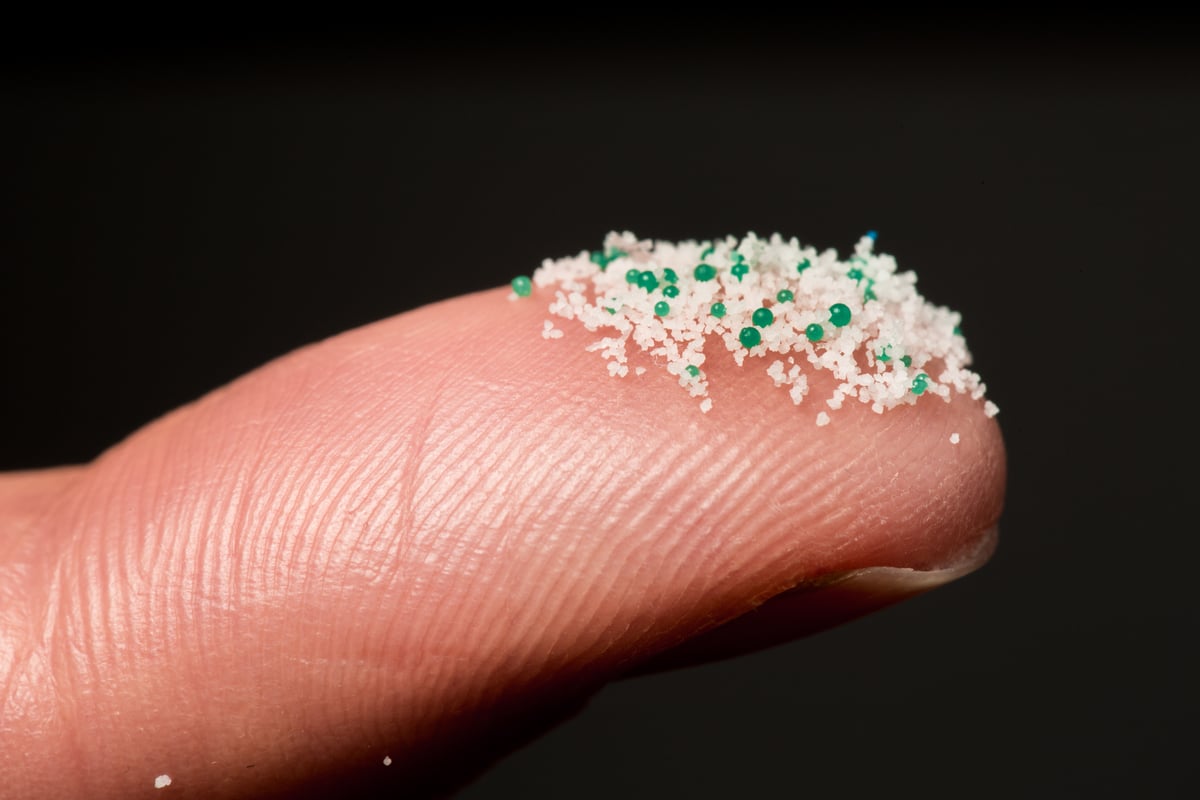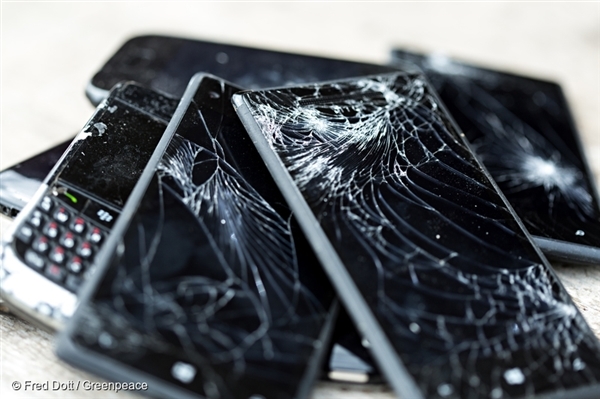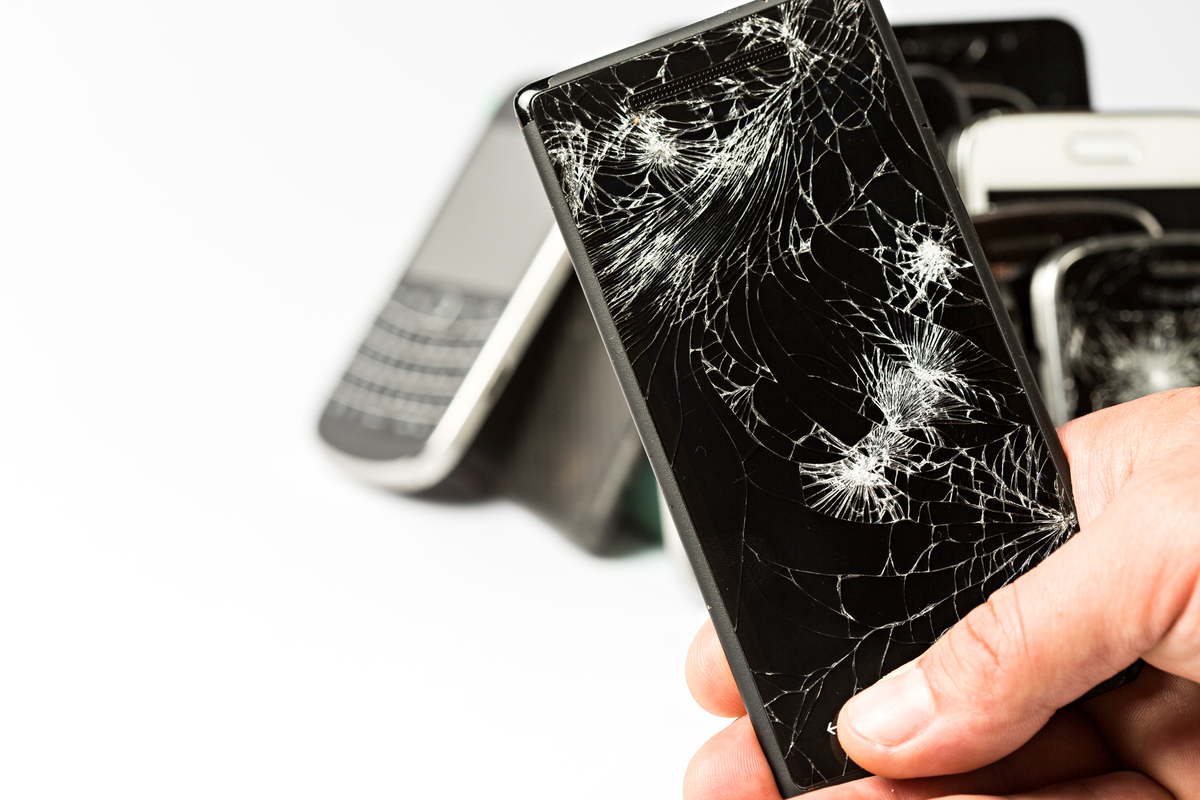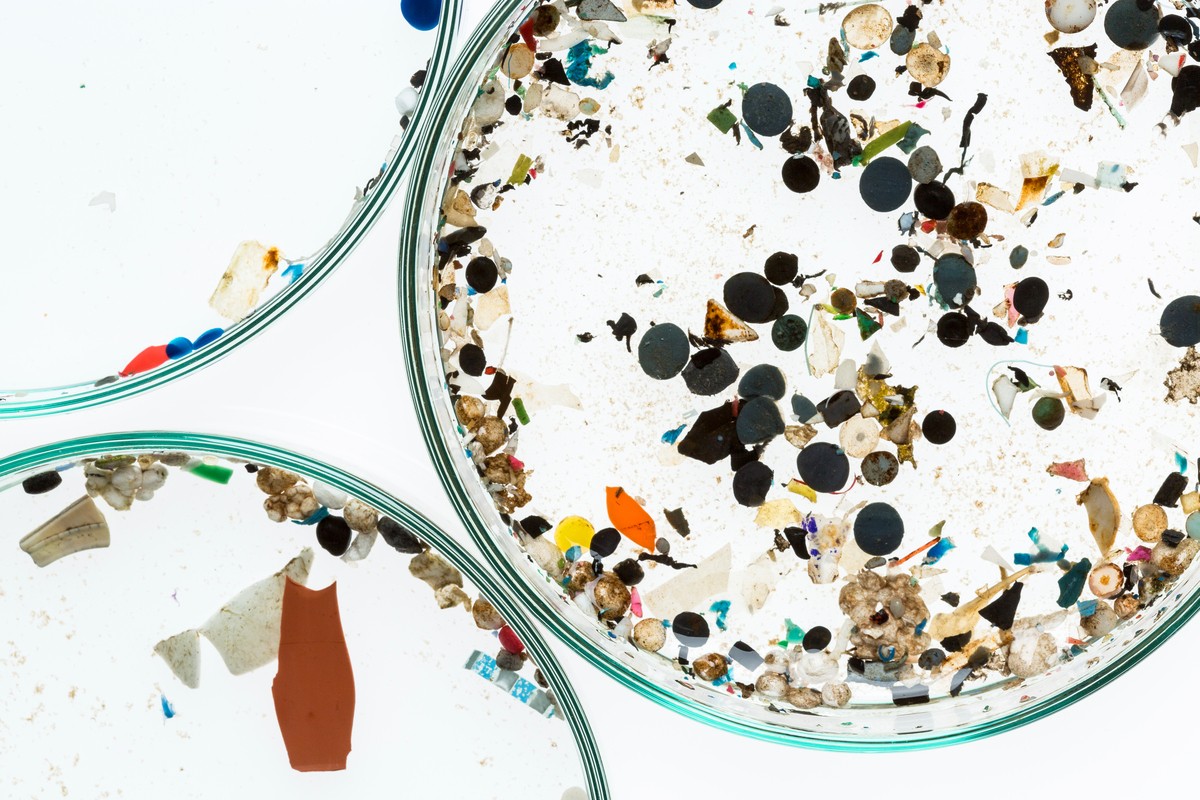-
Nuclear testing is not a path to security and peace
Today marks the International Day against Nuclear Tests. Since 1945, more than 2000 nuclear tests have been carried out at more than 60 locations around the globe. Nuclear weapons were designed and tested to be the ultimate doomsday weapon, setting a legacy of fear and destruction. No other human invention had as much impact on the…
-
Rainbow Warrior in Lebanon to launch solar unity campaign in Mediterranean
Beirut, 27 August 2016 – The Greenpeace ship Rainbow Warrior is today in the Port of Beirut for the first time in history to host a press conference and launch the “Sun unites us” Mediterranean tour which will highlight the massive potential for solar energy in the Arab region. The tour will travel from Lebanon…
-
My Arctic Home
I live in Kangiqtugaapik (Clyde River) in the Canadian Arctic. Most people have never heard of my town. It's 450km north of the Arctic Circle with a population of roughly 1,000. We are isolated from much of the world, but we feel very connected to our land, sea, and sky.

